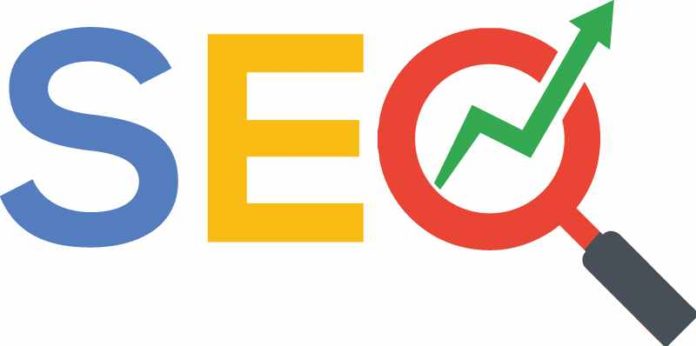When it comes to maintaining a positive brand image online, search engine optimization (SEO) is one of the best ways to take control. Since your brand’s presence on a search engine results page is often the first place people will interact with your brand, this is the place to start.
With around 60 percent of business executives feeling that they should do more to manage their company’s online image, online reputation management has become more important than ever – especially in cases where your brand has received negative feedback.
What is Reputation Management?
Online reputation management refers to managing what is being said about your brand. It has become a billion-dollar industry and brands around the world are increasingly focusing on managing and improving their brand online. This can be approached in various ways, but mostly it involves manipulating search engine rankings because this is usually the place someone will start to find information on your brand.
SEO campaigns used to be applied to improve search rankings, but they are now used for online reputation management. Let’s take a closer look at how it is used.
Using SEO to Manage Your Online Reputation
When it comes to proper online reputation management, a good SEO strategy is very important. Since Google’s search engine results pages (SERPs) are often the first place someone will see your brand, you can use SEO to influence a reader’s first impression and improve their perception of your brand.
There are many ways in which you can use SEO to boost your brand image; the most important part to remember is that quality content is essential.
Content Creation and Outreach
When it comes to ranking well in search engines, high quality content is very important in online reputation management. A successful campaign is not only about correcting negative brand mentions but it’s also about preventing negative results with engaging content.
There are many popular platforms you can use to publish your brand’s content. These include Medium, HubPages, LinkedIn, SlideShare and Visual.ly.
So, how do you create positive content for your brand?
You find interesting or trending topics that can be tied to your brand or business, do proper keyword research, and then create interesting, high quality and lengthy pieces of quality content. These should ideally be more than 2,000 words.
As soon as your content is posted online, you need to share it as much as possible. Keep in mind that it’s always good to publish on other platforms too, not only on your own website.
Local Rankings
Google takes many things into consideration when determining local search results, which includes relevance, prominence and proximity. So, if you want to rank high in local search results, your website should not only be relevant to the search performed, but also be located close to the user and be well known in your industry.
With a lot of organic traffic coming from local search results, it has become increasingly important to make sure that your brand ranks high with in these pages. Complete and accurate details of your business is essential in helping Google understand what your business is about and where you are located.
Google uses structured markup and will highlight relevant information such as your company name, location, contact details and operating hours. This is why it is extremely important to make sure that your business details are always correct, across all platforms.
You can use popular tools such as Valentin App to get localized search engine results pages at a specific location; this is a great way to see whether you rank among local search results and to your specific competitors are when people search for a service or product in your area.
Listing Your Business Online
Apart from focusing on high quality content and optimizing your website for local search results, can also utilize business listings to boost your online reputation even more. There are various directories that you can use to list your business, such as Facebook, Google My Business, YahooLocal, Foursquare, and Brownbook.
Whether you are creating new listings for your business, or updating existing ones, make sure that your business information is the same on all listings, especially when it comes to contact details and locations.
Having your business listed various well-known directories is a great way to boost your SEO as Google will use this information to determine who you are, where you are located, and what value you can offer to people in a specific area.
Publish Video Content
Video content has undoubtedly become very popular in recent years. It provides a lot of value to people, which is why Google and other search engines are increasingly focusing their attention on video results. Video content can be a powerful online marketing tool and can also be used in various SEO campaigns to boost your online reputation.
Videos allow you to convey much more than you would have using a single article, and the higher a video ranks, the more emphasis a search engine will place on it.
Another great way to utilize videos is to use them to answer popular questions users may have. This is a great way to improve your brand presence online and you can make use of various popular platforms such as YouTube, Daily Motion and the Vimeo.
When it comes to online reputation management, there are many different ways in which you can boost your brand and control what people experience when they see your brand for the first time. Reputation management is not only about managing existing negative listings and mentions, but also providing a positive brand experience for people online. With these handy methods you can easily use SEO to boost your online reputation management.
Laura McLoughlin is a Digital PR based in Belfast, Northern Ireland. She has previous experience as a website editor and journalist, and currently works with Omnia, which has offices in Dubai.
SEO stock photo by Usman Saeed/Shutterstock







